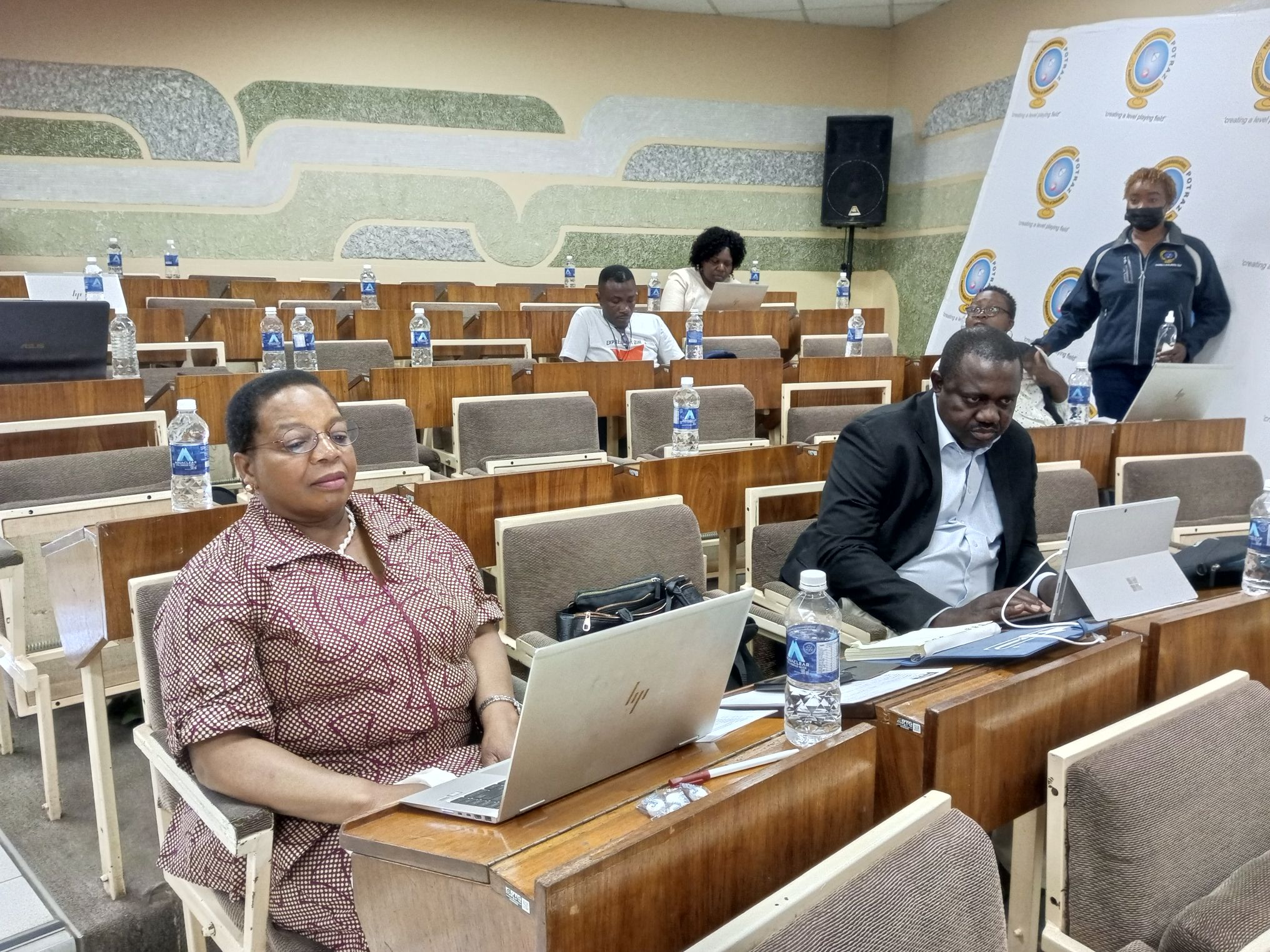|
Getting your Trinity Audio player ready…
|
There is a nexus between network connectivity and local content in driving development in the community and at the national level, experts from the Postal and Telecommunication Regulatory Authority of Zimbabwe (POTRAZ) have said.
There are advantages of local content in relation to community information centres (CICs), Hilda Mutseyekwa, Director, Economics, Tariffs, and Competition for POTRAZ said in her address to members of the Zimbabwe Online Content Creators (ZOCC) during the ongoing workshop in Kadoma.
UNESCO defines “local content” as an expression and communication of a community’s locally generated, owned, and adapted knowledge and experience that is relevant to a community’s situation (UNESCO, 2001).
From a cultural perspective, local content creation has a multiplicity of advantages.
“Local content creation facilitates the recognition, recording, and sharing of rich heritages and knowledge bases for the benefit of the nation and the world at large. It fosters the expression of cultural and linguistic diversity. It is also a vehicle for cultural cohesion within and across nations. This also leads to the dissemination of stories, ideas, and knowledge that is relevant to a particular economy and fosters knowledge preservation and its utilisation,” Mutseyekwa said.
From a developmental perspective, local content creation is a driver of Internet-led development and a key element for sustainable development in that it fosters the adoption, use, and growth of Internet services for both existing and new users and helps bridge the digital divide.
This can lead to users creating more relevant content, which further attracts new users in a virtuous circle. For example sharing information on culture, religion, agriculture, cookery, arts and crafts, and traditional herbs.
It also attracts investment in local hosting of content, cache servers/data centres, and edge computing at the networks level) and distribution of local content which will go a long way in reducing connectivity costs and latency while leading to increased use of Internet Exchange Points.
From a governance perspective, local content creation results in increased citizen engagement. It fosters participation in policy dialogues; provides an opportunity to shape governance relationships; enhances mutual understanding and relations among various stakeholders; addresses the natural information asymmetry between governors and the governed and between competing private agents to foster Inclusiveness, diversity, and openness; and promotes the uptake of e-government services among other advantages.
From a digital and media literacy perspective, local content creation enhances citizens’ ability to access, analyse, evaluate and create media content. In addition, it enhances inclusivity in access to public information- reaching marginalised groups; enhances the demand for content, leading to increased usage of ICTs; and fosters network infrastructure deployment.
Baxton Sirewu, the POTRAZ Director – Technical Services, alluded to the importance of availing broadband to aid online content creation. POTRAZ is responsible for licensing and enforcement of broadband services. It also ensures consumer protection (including data protection), resource allocation, management, and international representation and is the policy advisor to the government on ICT, postal, and courier matters.
According to Mr. Houlin Zhao, the ITU Secretary-General, “broadband networks offer perhaps the greatest opportunity we have ever had to make rapid and solid advances in global social and economic development – across all sectors, including healthcare, education, new job opportunities, transportation, agriculture, trade, and government services. In the twenty-first century, broadband networks, therefore, need to be considered as basic critical infrastructure, like roads, railways, water and power networks.”
